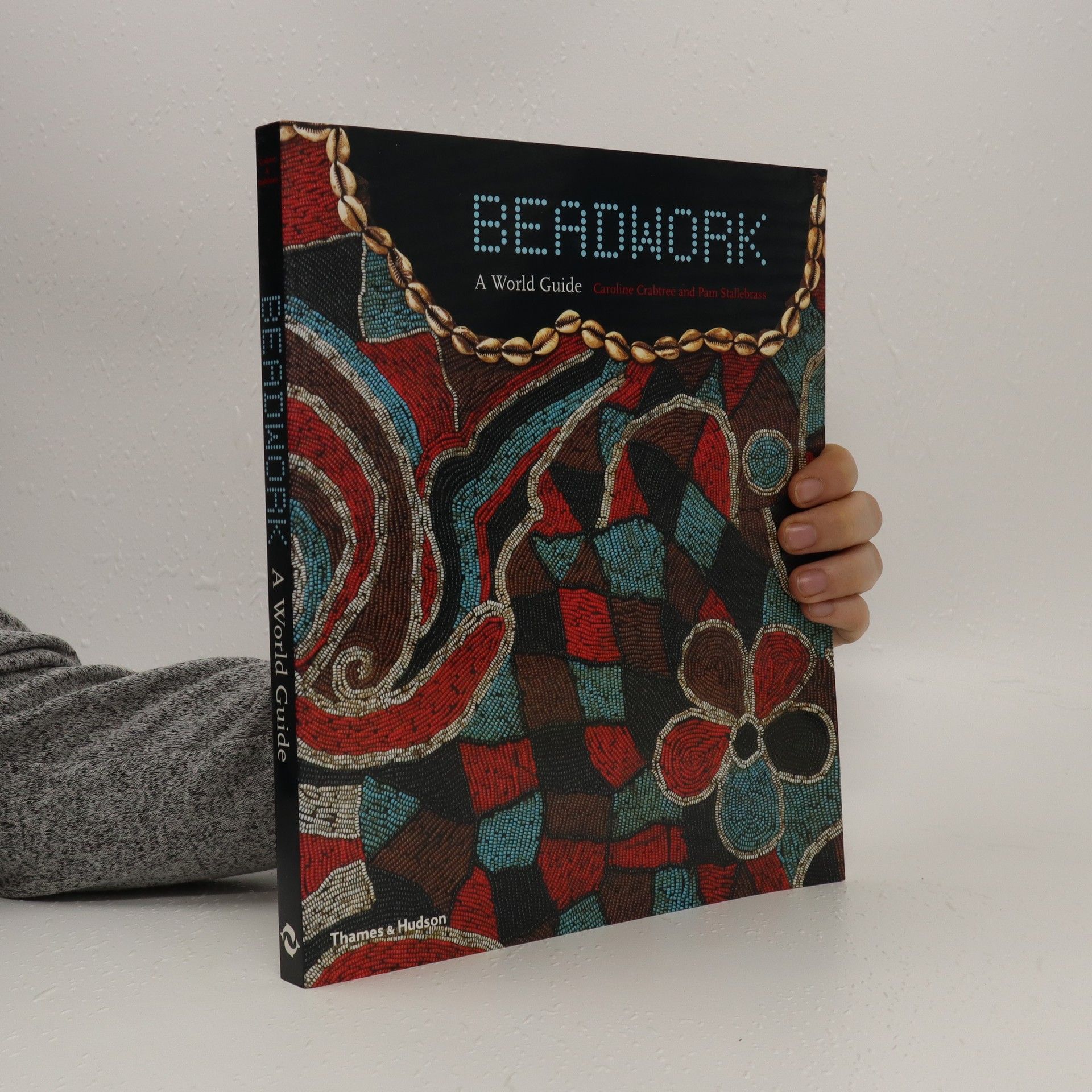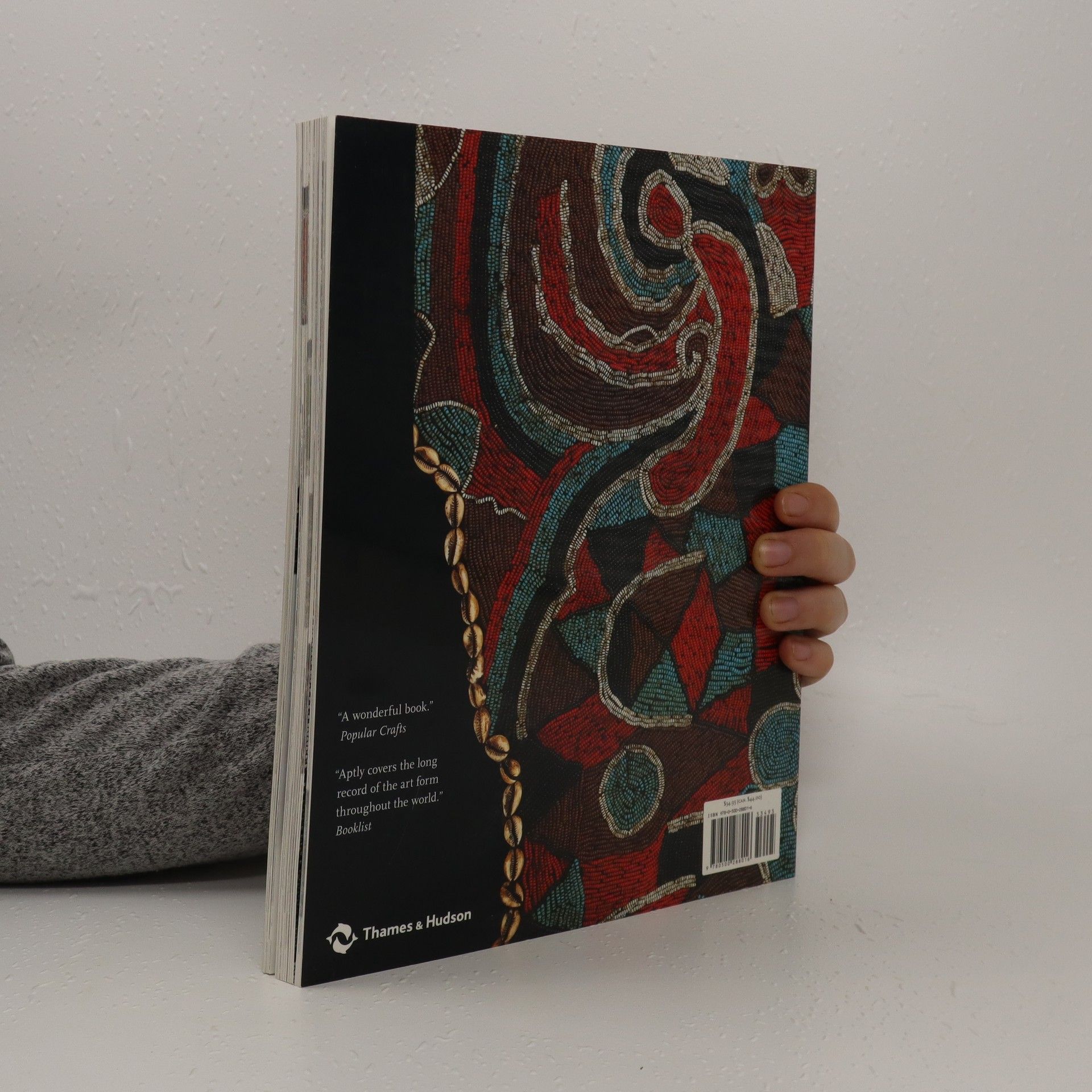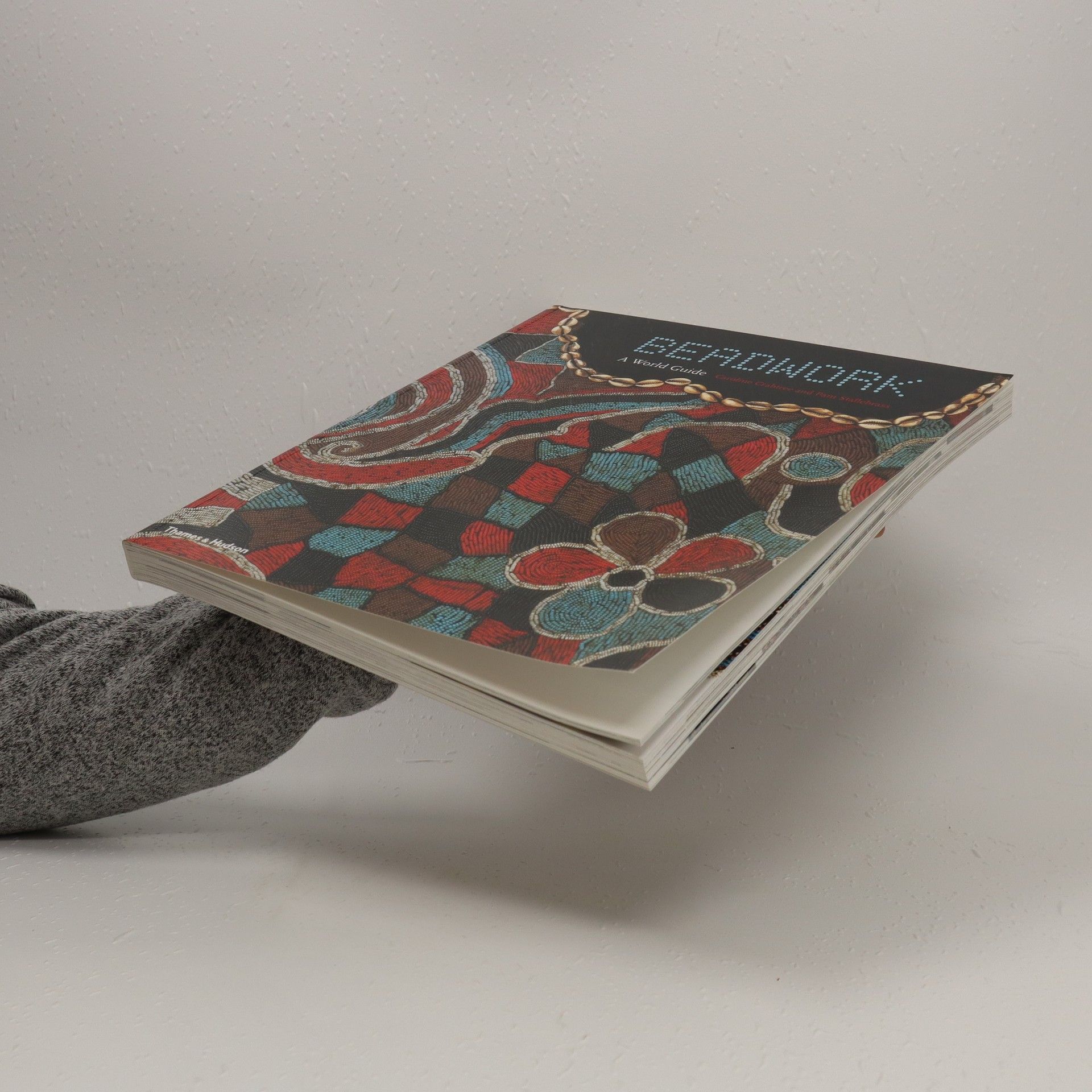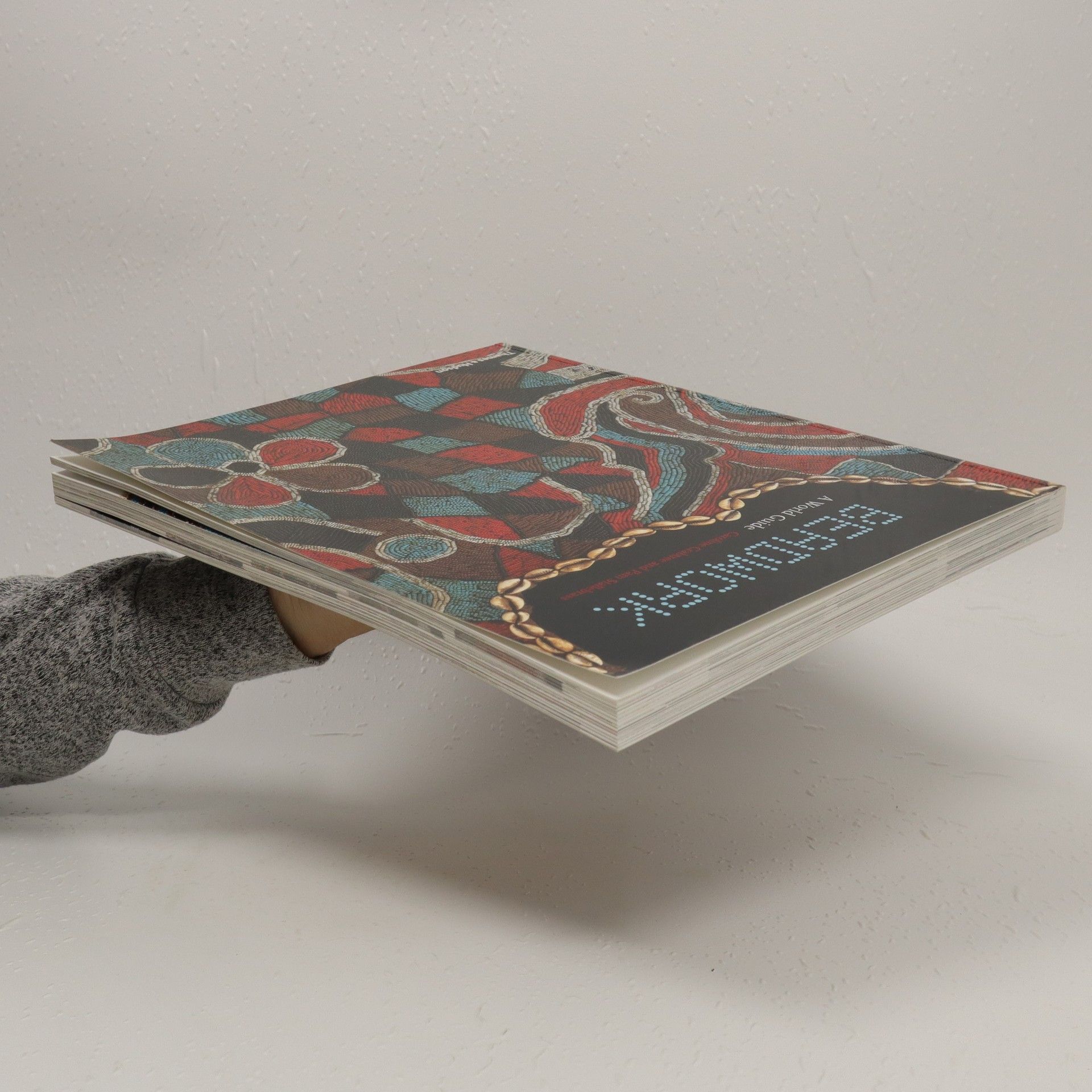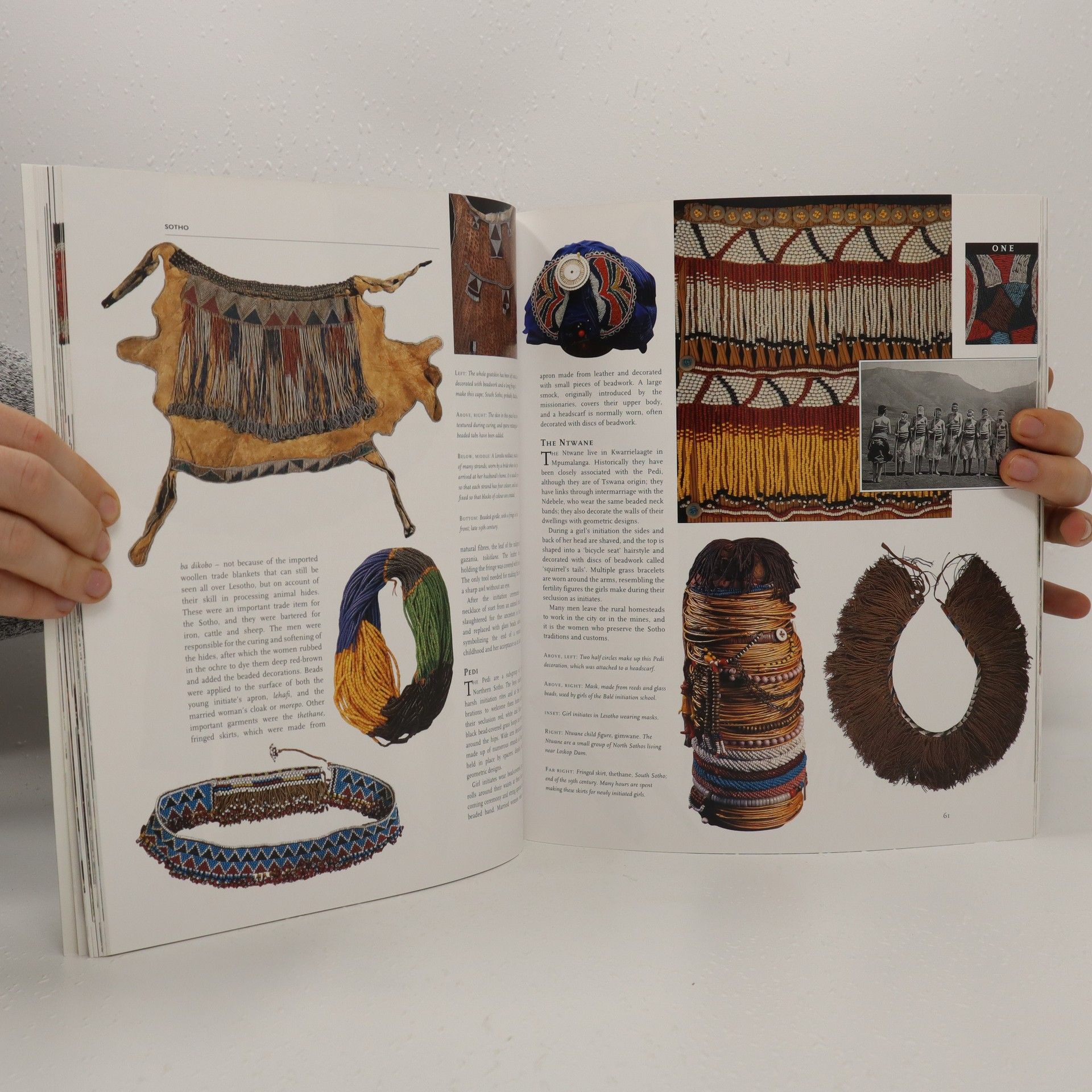Beadwork : a world guide
Authors
Parameters
Categories
More about the book
“This fantastic starting point for those beginning in the art of beadwork aptly covers the long record of the art form throughout the world.”—Booklist French mourning wreaths‚ Ukrainian Easter eggs, Norwegian bodices, Chinese slippers, Pakistani hair tassels, Egyptian belly-dancing outfits, Maasai wedding dresses, Sioux moccasins . . . from Greenland to Bali, beadwork from all over the world is illustrated and its history revealed. The earliest drawn glass beads were produced from around 200 BC in various locations in India and exported for centuries along the major trade routes to Africa and Asia. From the sixteenth century on, beads made in Europe became highly desirable trade items and spread throughout the world. This book is organized into five sections, with more than forty topics in all. Each of four main regional sections—Africa; the Americas; Europe; and Asia, Oceania, and the Arabian Gulf—outlines the history of beads in that area before examining production in detail. A fifth section surveys techniques, from brick stitch and herringbone weave to lazy stitch and three-dimensional structures. Includes information on collecting and conserving beadwork and a list of public collections around the world.
Book purchase
Beadwork : a world guide, Caroline Crabtree, Pam Stallebrass
- Language
- Released
- 2009
Payment methods
- Title
- Beadwork : a world guide
- Language
- English
- Authors
- Caroline Crabtree, Pam Stallebrass
- Publisher
- Thames & Hudson
- Released
- 2009
- ISBN10
- 0500288011
- ISBN13
- 9780500288016
- Category
- Other history, Fashion
- Description
- “This fantastic starting point for those beginning in the art of beadwork aptly covers the long record of the art form throughout the world.”—Booklist French mourning wreaths‚ Ukrainian Easter eggs, Norwegian bodices, Chinese slippers, Pakistani hair tassels, Egyptian belly-dancing outfits, Maasai wedding dresses, Sioux moccasins . . . from Greenland to Bali, beadwork from all over the world is illustrated and its history revealed. The earliest drawn glass beads were produced from around 200 BC in various locations in India and exported for centuries along the major trade routes to Africa and Asia. From the sixteenth century on, beads made in Europe became highly desirable trade items and spread throughout the world. This book is organized into five sections, with more than forty topics in all. Each of four main regional sections—Africa; the Americas; Europe; and Asia, Oceania, and the Arabian Gulf—outlines the history of beads in that area before examining production in detail. A fifth section surveys techniques, from brick stitch and herringbone weave to lazy stitch and three-dimensional structures. Includes information on collecting and conserving beadwork and a list of public collections around the world.
